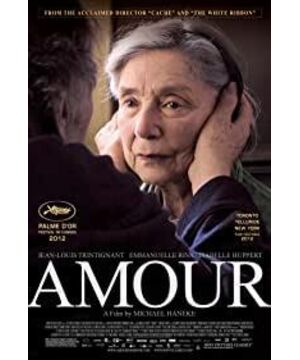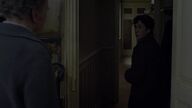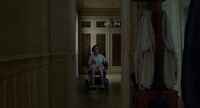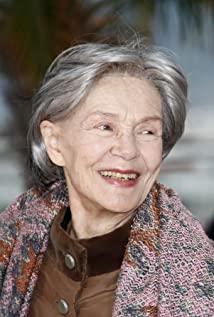The film tells the story of two retired music teachers, Anne (played by Emmanuelle Riva) and Georges (played by Jean-Louis Trintignant). in love. Until the wife suffered a disease, the love between the two began to face the biggest test.
The tone of the whole film is very dull, and the rhythm is reasonably slow. Because of this, audiences of all ages can slowly immerse themselves in the director's scenario assumptions from the dynamic and fast-paced life of reality. Following the perspective of the male protagonist Georges, facing the female protagonist Anne's condition from discovery to gradual deterioration, to bedridden and painful, the meticulous care shots and the lengthy daily life fragments make us deeply immersed in the artistic conception: when We are getting old, and our functions are gradually deteriorating. The ta who is used to being by our side suddenly can't take care of themselves. Facing our moral conscience, facing the embarrassed ta and our tired self, we have nowhere to put our love.
Take good care of it as a matter of course, whether because of love or because of responsibility, even if you are tired, like most of us. As Georges told Annes, the disease can also happen to you, and what would you do if you put yourself in the other's shoes. However, even though Anne understood the truth, she insisted on rejecting such love. Because love is mutual. Anne's love against Georges is that she doesn't want to drag Georges down, she doesn't want Georges to see herself embarrassed, and she doesn't want her to spend her last days in a painful illness.
Anne's love with Georges makes us question ourselves: Can we decide our own life and death, can we decide the life and death of the other half who has no ability to decide? Anne's extreme situation triggers us to think about pan-life: Are we living for ourselves? Or live for those who love us? On the contrary, Georges' paradox is: Does love follow one's own heart or respect the other's choice?
The film is also interspersed with other people's different attitudes and understandings of this love: the daughter's overwhelm and sense of distance, the nanny's indifference and neglect, the dove's innocence and innocence, the student-like passing, Georges' nightmare... all These pull us, who are immersed in the tender and tangled love, coldly back into the cruel reality.
Fortunately, most of us don't experience these most of the time and don't need to think about such extreme issues. In ordinary life, we can always find a balance between following our own hearts, living for ourselves, being responsible to those who love us, and fully respecting each other's choices. So film is a wonderful art that allows us to experience different lives and think about philosophies that we never thought about. At the end of the film, Georges chose to end everything after comforting Anne at the end and covered with flowers and the last two people were ready to go out as usual, probably the director's interpretation of [Amour love]
View more about Amour reviews











